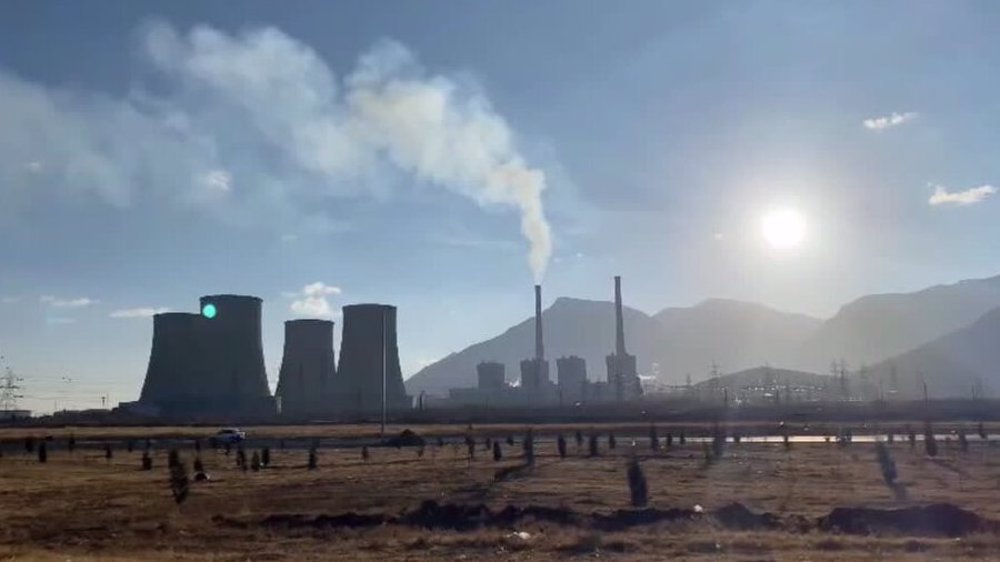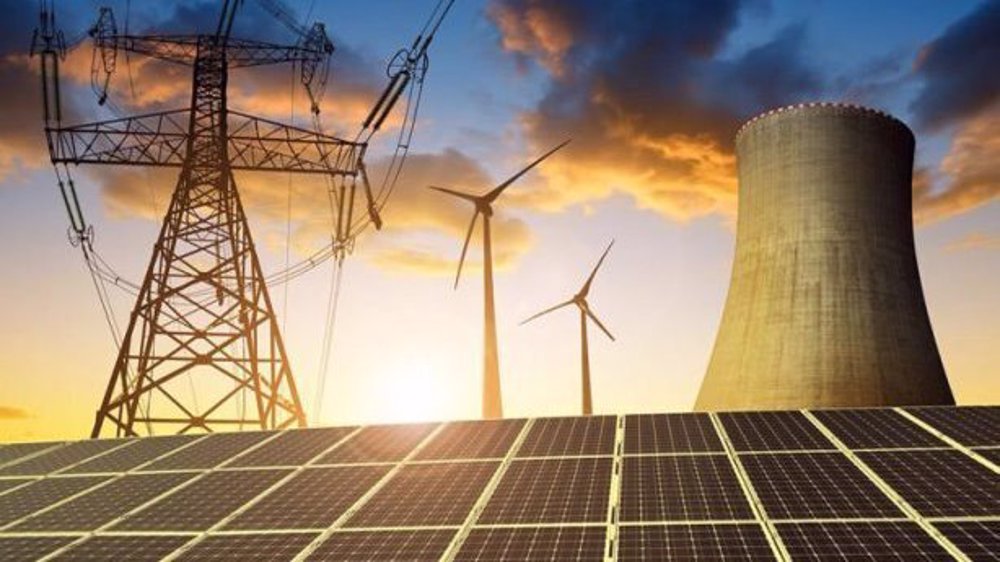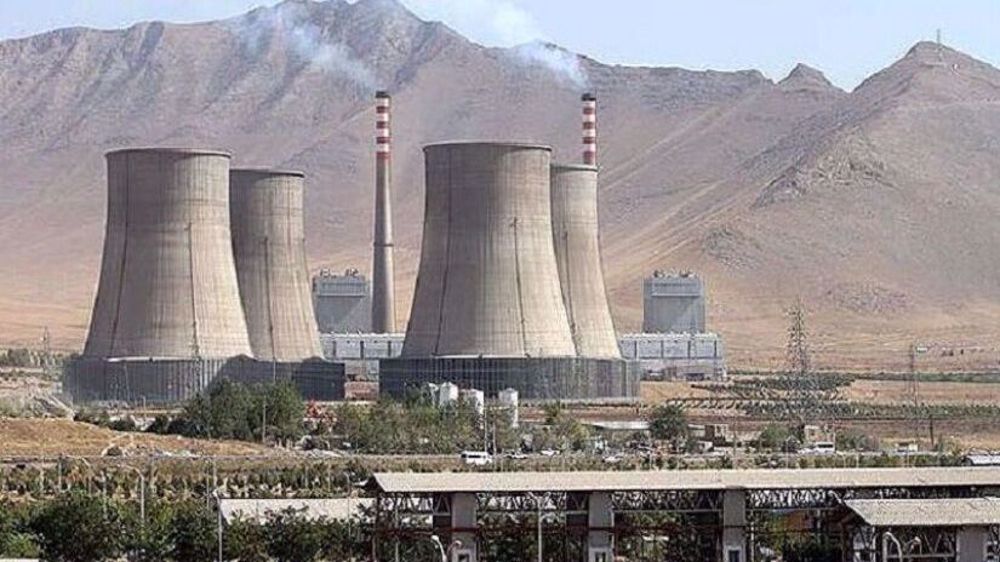Asian clients of Iran oil hold firm as US issues alert
South Korea says its officials will meet US authorities on Wednesday and Thursday to press them on extending waivers for oil imports from Iran which is under American sanctions.
South Korea's imports of Iranian oil more than quadrupled in February from a month ago, nearing levels before US sanctions on Tehran, Yonhap news agency reported this month.
Yoon Kang-hyun, South Korea’s deputy foreign minister for economic affairs, and other leaders will meet US special representative for Iran Brian Hook on Wednesday and US State Department’s top energy diplomat Francis Fannon on Thursday to discuss extending the Iran trade waiver.
The waiver issued in November for South Korea and other key importers of Iranian oil expires in May, with the Trump administration saying it wants to choke the lifeblood of Iran’s economy as quickly as possible.
The US has reiterated that its goal is to reduce Iran’s exports to zero but OPEC Secretary General Mohammed Barkindo said this month it is “practically impossible”.
The US offered “to continue to closely consult on the extension of sanctions exemption and Korean companies’ technical issues regarding trade with Iran”, South Korean Foreign Ministry said this month.
South Korea is Iran’s fourth largest oil customer in Asia and a large buyer of the country’s ultra light oil called condensate.
According to Reuters, Seoul has told US officials that there are few options for getting the same quality of Iranian condensate from other suppliers.
Asian customers favor Iran's South Pars condensate for its rich yield of naphtha which is a key feedstock for petrochemicals and a gasoline blending component.
Before the sanctions, South Korea was the biggest client of Iranian condensate with 300,000 barrels per day (bpd) on top of 100,000 bpd of crude oil.
The US waiver allows South Korea to purchase 200,000 bpd of condensate for use in several refiners which are designed to process the Iranian grade.
SK Incheon Petrochem, Hyundai Chemical, Hanwha Total Petrochemicals and Lotto Chemical are regular buyers of Iranian condensate.
Last month, Korean refiners imported $476 million worth of crude from Iran, more than four times the volumes posted in January, data from the Korea Customs Service showed.
The figures were released as US Secretary of State Mike Pompeo met with top oil executives to press them on following the Trump administration’s policy of reducing Iran’s oil exports to zero.
Reuters said then the outreach represented a significant new campaign to sway industry executives to Trump’s “energy dominance” agenda that seeks to advance diplomatic and policy objectives through rapidly expanding US oil and gas exports.
Pompeo said America’s newfound shale oil and natural gas abundance would “strengthen our hand in foreign policy”.
The United States has imposed harsh sanctions on Venezuela and Iran, removing more than 2 million bpd of oil from daily global supply.
Data released by the General Administration of Customs on Monday showed China is doubling down on purchases of oil from both of the OPEC producers.
The world’s biggest crude importer bought 2.03 million tonnes, or 531,000 barrels a day, of crude from Venezuela last month, 17 percent more than January and the highest since December 2017, the customs data showed.
Imports from Iran rose 22 percent from a month earlier to 1.96 million tonnes, Bloomberg reported.
The report came as the US government issued an alert, warning the oil shipping industry against flouting its unilateral sanctions against Syria and Iran.
"Any violations of prohibitions or weaknesses in compliance that result in sanctionable conduct exposes the shipping community to significant risks and can trigger severe consequences," the Treasury Department's undersecretary for terrorism and financial intelligence, Sigal Mandelker, said in a statement.
Tel Aviv tells Damascus Israeli forces will remain in occupied territory: Report
Dec. 22: ‘Axis of Resistance’ operations against Israeli occupation
‘Abhorrent’: Oxfam says only 12 trucks delivered aid in North Gaza since Oct.
VIDEO | Leader receives religious eulogists on Hazrat Fatima birth anniv.
Pope Francis slams Israel’s ‘machine-gunning’ of Gaza children
US hostage-taking of Iranian nationals violation of intl. law: Deputy FM
VIDEO | Carol Singers for Palestine on London’s Parliament Square
Ansarullah says ‘Israeli terrorists’ incapable of confronting Yemen, warns of secret weapons












 This makes it easy to access the Press TV website
This makes it easy to access the Press TV website